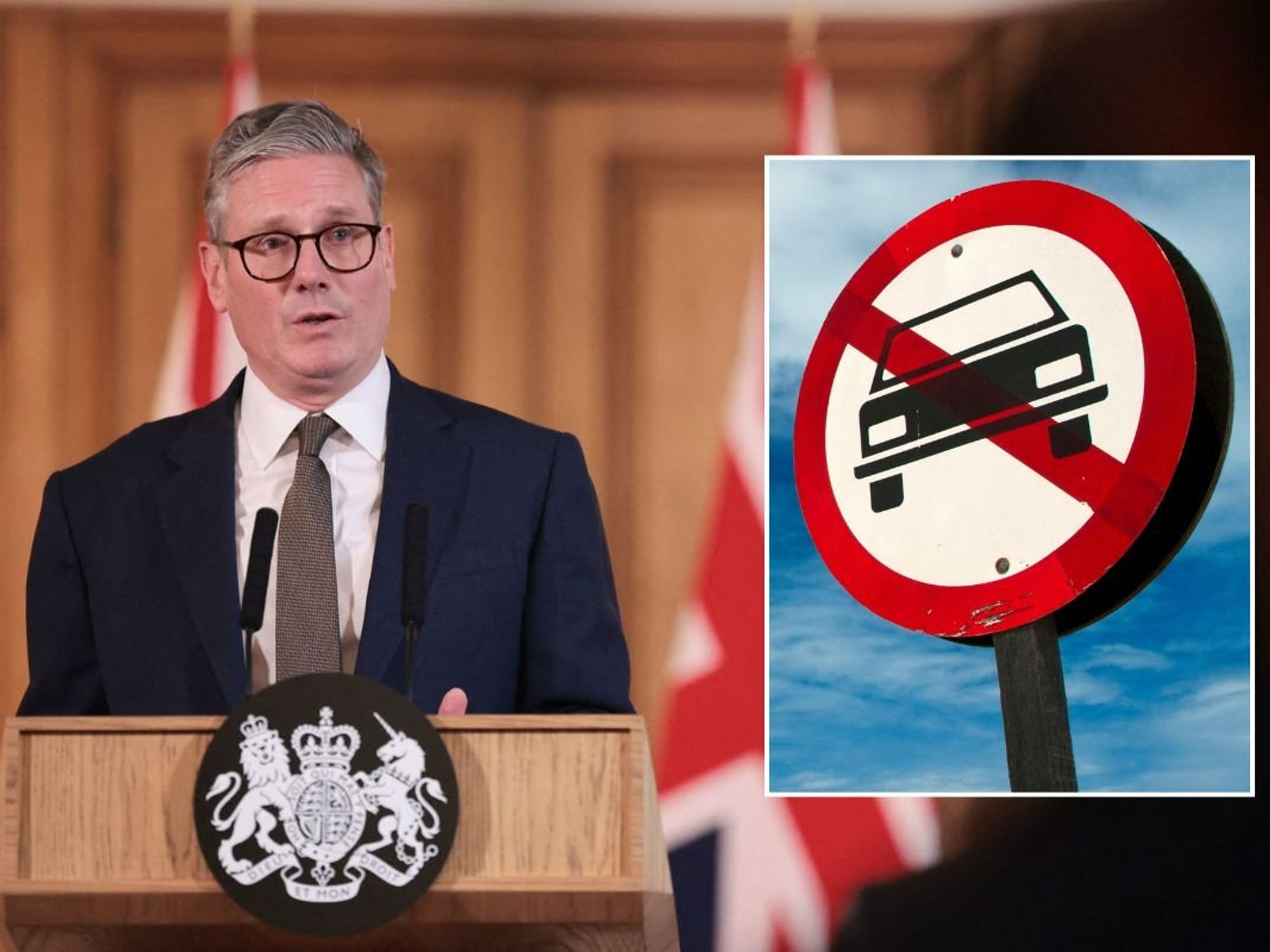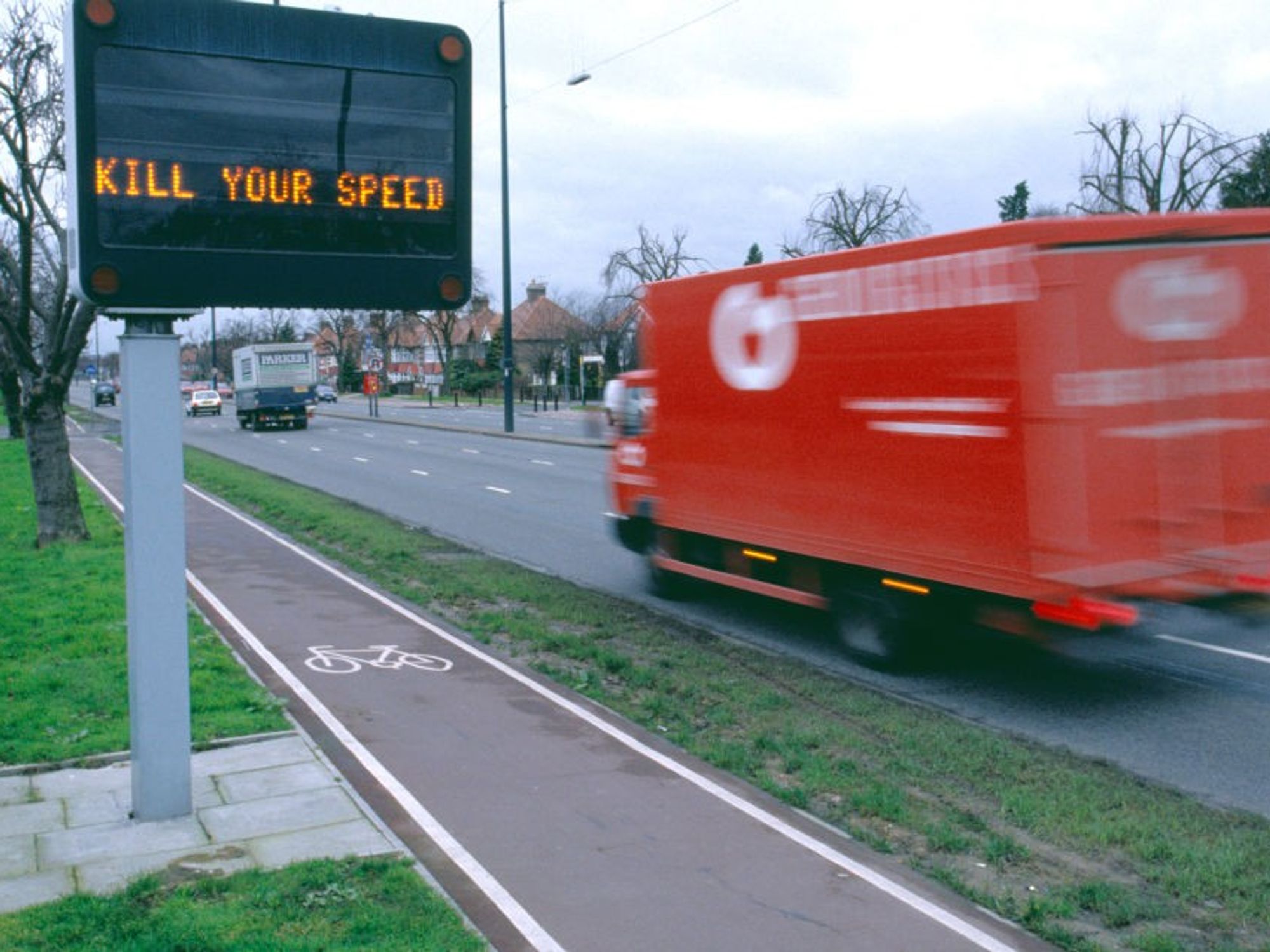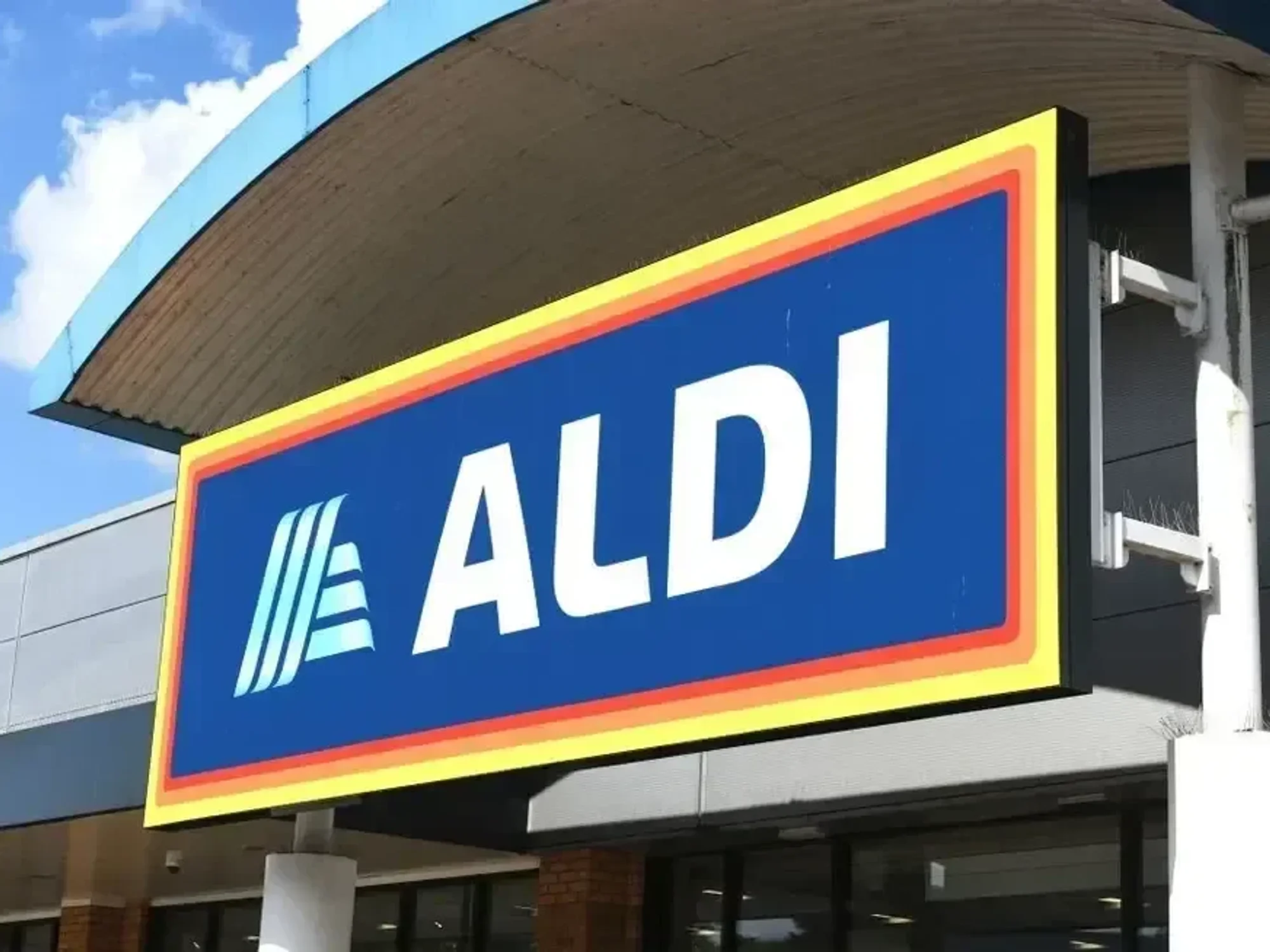Britain's most unreliable broadband named and shamed in damning new report — do YOU need to switch providers?

Opensignal has ranked the biggest broadband suppliers in the UK based on reliability
| GETTY IMAGES | PICTURED POSED BY MODEL | GBN
All products and promotions are independently selected by our experts. To help us provide free impartial advice, we will earn an affiliate commission if you buy something. Click here to learn more
New research is unpleasant reading for anyone on BT or Sky
- Virgin Media reigns supreme in the latest research into reliability
- This is despite Virgin being the second-most complained about in the UK
- Opensignal crowd-sourced data scored Virgin Media 767 out of 1,000
- Smaller firms like Hyperoptic and KCOM beat brands like BT and Sky
Don't Miss
Most Read
The UK's biggest broadband providers have been ranked by independent benchmarking firm OpenSignal to determine which operator provides the best overall reliability. And if you're currently with Virgin Media — you should be feeling very smug right about now.
The full-fibre broadband provider, which is currently offering a free television upgrade to millions, ranked at the top of the list with a score of 767 out of 1,000. Unlike other household brands, like Sky, EE, TalkTalk, and Plusnet, Virgin Media does not rely on broadband infrastructure from BT-owned Openreach. Instead, it uses its own independent nationwide network of fibre-optic cables, which is currently available in some 16 million homes.
- View Deal | Get 145Mbps broadband speeds with Sky for £28
- View Deal | Get Sky TV + Netflix + broadband for £14 with Sky Glass TV
- View Deal | Get 500Mbps broadband speeds from Vodafone for £30
- View Deal | Get 300Mbps broadband speeds from Plusnet for £28.99
- View Deal | Get 940Mbps broadband speeds from TalkTalk for £39.95
BT and Sky scored over 100 less than Virgin Media, with 655 and 651, respectively. Those scores placed them eighth and ninth on the leaderboard of the largest 14 Internet Service Providers, or ISPs, in the UK.
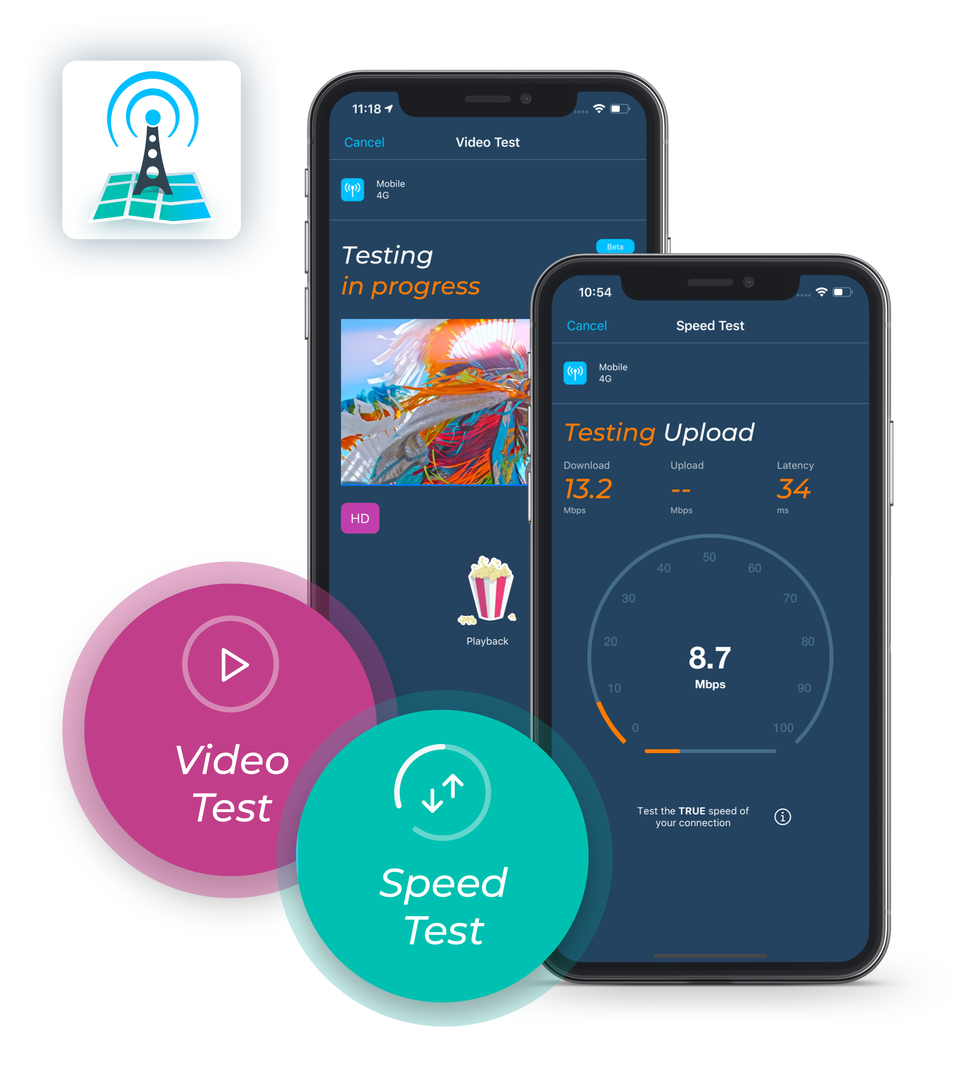
Opensignal crowdsources its data from people across the UK, who can download its smartphone app and run a series of tests to determine the viability of their connection when it comes to streaming video, browsing social media, and more
|OPENSIGNAL PRESS OFFICE
Virgin Media O2 recently announced plans to open up its cables to compete directly with Openreach — allowing internet suppliers like Sky and Vodafone to switch over to its network. While those connected with Virgin Media broadband might enjoy the best overall reliability, when things do go awry, the full-fibre brand isn't the best at dealing with customers' complaints, a recent report from Ofcom revealed.
To determine its reliability leaderboard, Opensignal uses crowd-sourced data collected by broadband customers. Using a benchmarking app created by Opensignal, customers can run a variety of tests, which complete tasks like streaming video, browsing the web, and scrolling on social media behind-the-scenes to verify whether your broadband connection can sustain everyday activities. According to Opensignal, a stable download speed of 25Mbps or more is the "right threshold to define a connection as reliable".
According to Ofcom data, the average household broadband speed in the UK is 69Mbps.
Opensignal performed its tests between April 11 and July 9, 2024 for the latest round of research, which formed part of a wider study into the differences in broadband reliability across multiple countries around the world. The in-depth data on UK ISPs was shared with broadband-centric blog ISPreview.
The final ranking from Opensignal is as follows...
- Virgin Media — 767
- Community Fibre — 750
- Gigaclear — 735
- KCOM — 719
- Vodafone — 689
- Hyperoptic — 677
- Plusnet — 671
- BT — 655
- Sky Broadband — 651
- TalkTalk — 643
- EE — 606
- Zen Internet — 595
- Three UK — 451
- Starlink — 405
Some of the lesser-known brands in this list — like Community Fibre, Gigaclear, KCOM, Zen Internet, and Hyperoptic — are so-called “alt-nets”. These are often hyper-localised broadband suppliers who are solely focused on building out smaller networks of next-generation fibre-optic internet in rural areas or parts of major cities that are often overlooked by the biggest players.
Many of these offer faster speeds at lower monthly prices than BT, EE, and Sky. Until Ofcom is able to implement new "one-touch" rules around switching, it continues to be tougher to move from an Openreach-powered supplier, which connects to around 99% of homes and businesses in the country, to an altnet.
Discussing the results of the research, a spokesperson for Opensignal said: "At first glance, this may seem counterintuitive, as Ofcom … back in January 2024 announced that Virgin Media was the most complained about fixed broadband provider. However, only 22% of complaints about Virgin Media’s fixed broadband service were about faults, services and provisioning, well below the industry average of 37%."
In the days before this study was published by Opensignal, BT confirmed that a record number of people had decided to ditch its Openreach broadband infrastructure, often in favour of smaller providers.
It's worth noting that while Openreach is pushing ahead with plans to upgrade 25 million homes and businesses with its future-proofed fibre-optic connections by December 2026, it's not there yet. As such, brands that rely on Openreach cables are more likely to still have customers on older copper-based internet.
These ageing cables are much slower and less reliable, often experiencing issues during bad weather. Without that legacy broadband technology dragging down its average scores, altnets and Virgin Media O2 have an innate advantage over the likes of BT, EE, TalkTalk, and others.
It's also unusual that Opensignal has included satellite-based providers like Starlink in the rankings too. Delivering broadband over a satellite signal — something that Three UK also does with its 5G-based home broadband, is notoriously tougher than a fibre-optic cable plugged directly into your Wi-Fi router. So, it seems a little unfair to compare these options as like-for-like with Virgin Media.
Nevertheless, it's an interesting data point if you're out-of-contract and looking to move to a new broadband supplier. Although, be aware that whichever ISP you choose, you're going to need to stomach the new Ofcom-regulated annual price rises, which are no longer linked to measures of inflation.
While that might sound like a win, it's likely to result in pricier annual hikes, experts have warned.
The latest punishing research into UK broadband providers comes a few days after industry regulator Ofcom named and shamed the most-complained-about broadband suppliers in the UK and branded NOW, formerly NOW TV, as the most complained-about ISP in the country.
Owned and operated by Sky, NOW offers 24-month broadband deals as well as a contract-free way to stream live channels and boxsets. But in the latest quarterly figures from the industry watchdog, NOW received more complaints than its closest rivals, totalling 22 complaints per 100,000 subscribers between January and March.
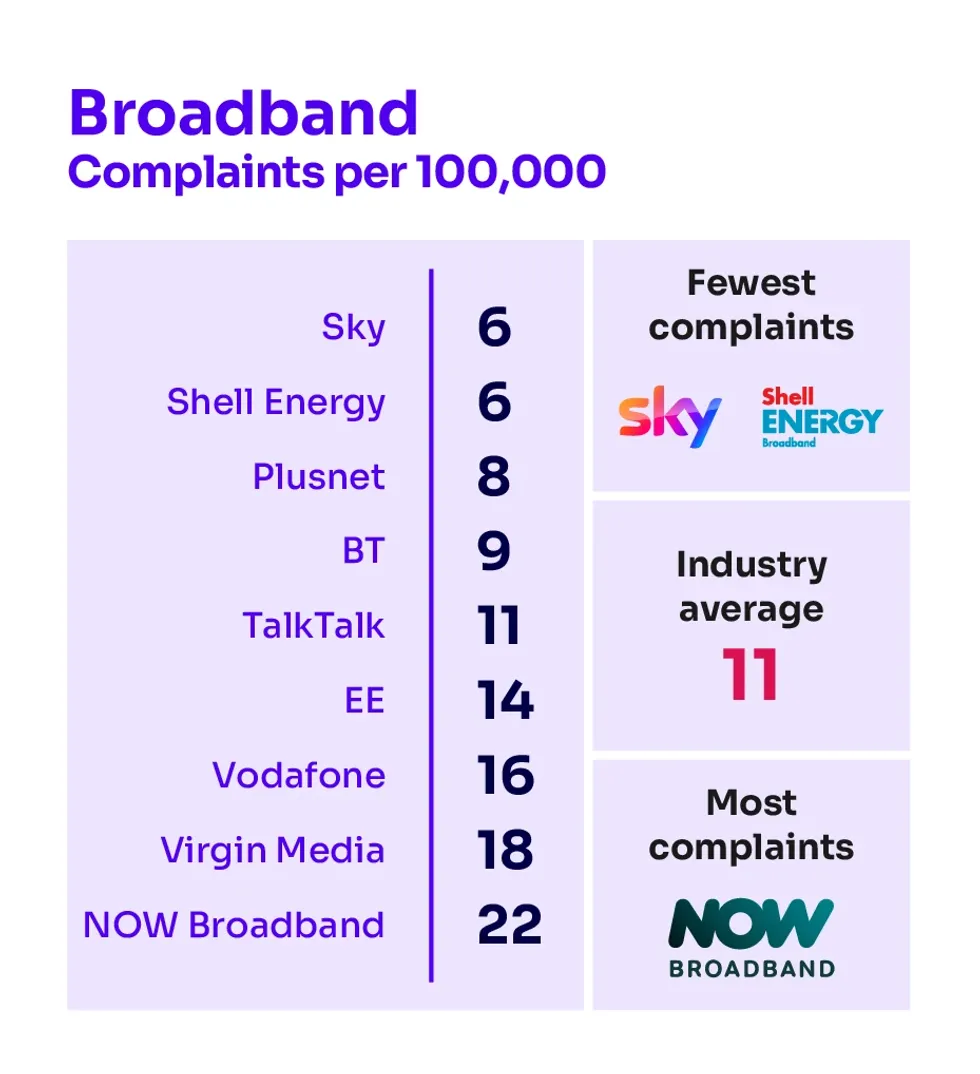
According to Ofcom, the industry average for broadband complaints is 11 per 100,000 subscribers
|OFCOM PRESS OFFICE
That's well above the industry average of 11.
Most of these complaints to Ofcom were driven by how existing complaints were being handled by NOW. And the bad news doesn't end there for NOW, which also topped the leaderboard as the most-complained-about landline provider too.
LATEST DEVELOPMENTS
- Is there a Government Edition of Windows 11 with no tracking?
- Fire TV Stick crackdown blocks free Sky TV streams — 'this is just the start'
- BBC scores critical victory over Netflix despite falling TV licence revenue
- Best VPN deals
- Best Sky Stream deals
Ofcom said overall complaints fell compared to the previous quarter. But while it's undeniably positive that the overall number of broadband complaints has fallen, Ofcom’s figures show there is still plenty of room for improvement in the sector.
Complaints about landline, fixed broadband and pay-TV all fell while complaints about mobile services increased slightly. Ofcom Policy Director Fergal Farragher said: “We’re pleased to see a fall in complaints based on the previous quarter, and we’re especially heartened by an improvement among some providers we have engaged with following previous poor performance.
“However, there is still room for improvement across many services. It’s notable that a major issue for customers is how providers deal with their complaints. This drives many of the complaints we receive, so is clearly an area where providers must raise their game.”






